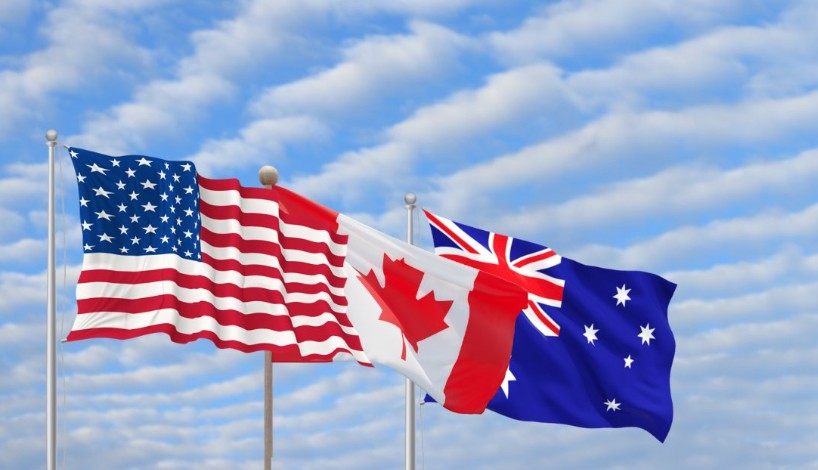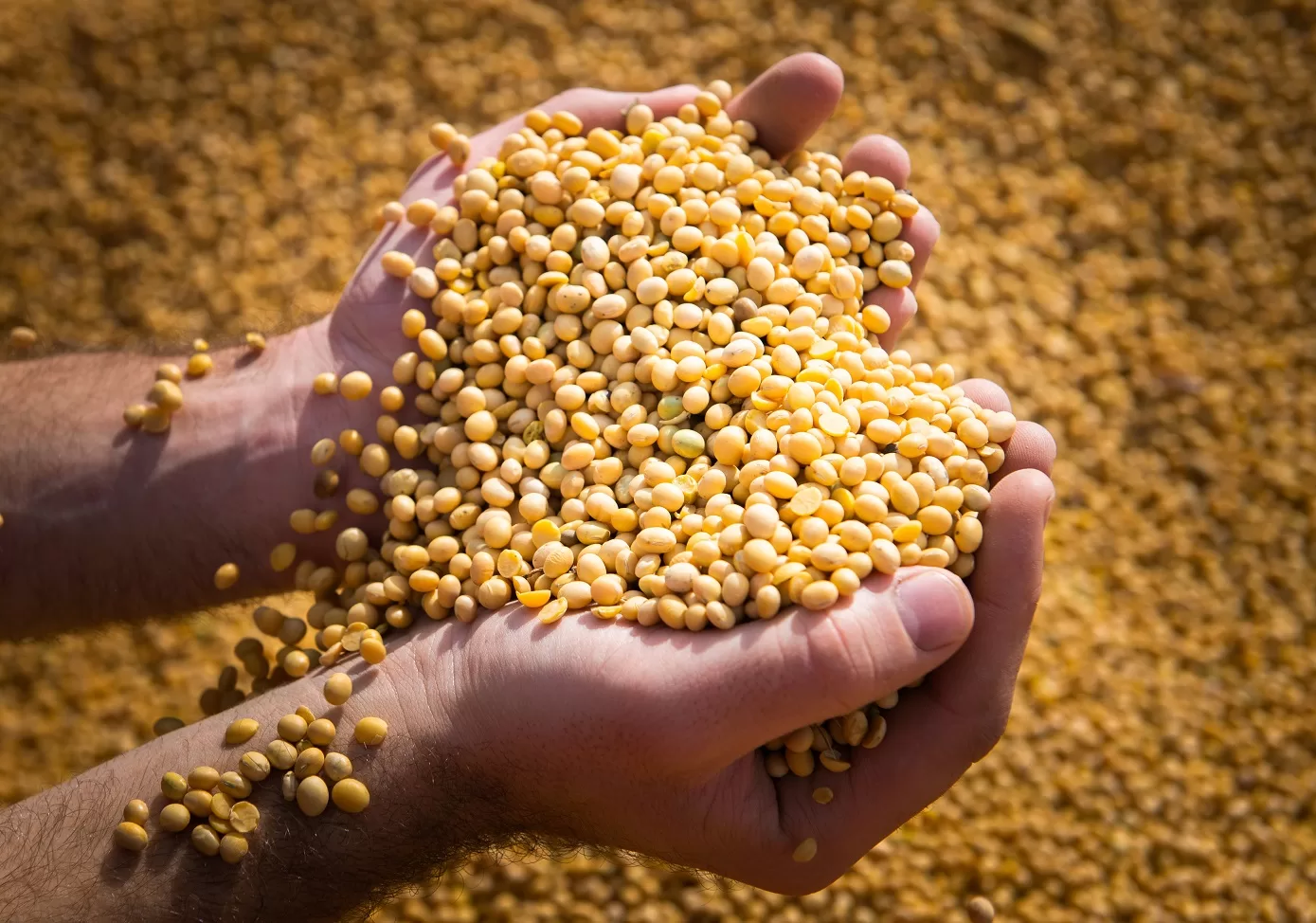
Visa exemptions for certain nationalities rei...
read more

The Brazilian Ministry of Agriculture submitted a proposal to amend the soya bean technical regulation, including a reduction of the current moisture content limit
Brazil is on track to achieve substantial growth in soya bean production and exports in the 2022/23 and 2023/24 seasons, according to reports from Brazilian and US federal agricultural agencies, as explained in this article. Against this backdrop, The Ministry of Agriculture, Livestock and Supply (MAPA) is committed to revising the current soya bean grading standards to further boost the competitiveness of Brazilian soya beans in the international market.
MAPA regulates the commercialisation of agricultural products. Its Normative Instruction 11 of May 2017 (IN 11/2007), known as the “Soya Bean Technical Regulation”, lays the groundwork for Brazil’s soya bean grading standards. IN 11/2007 sets out the requirements for determining identity and quality and regulates cargo inspection, sampling and testing methods.
Official grading following MAPA’s guidelines is only compulsory for agents that sell to the government or for final consumption, in addition to soya bean importers. Neither producers, exporters, nor the industry is obliged to follow official standards in Brazilian exports. However, the norm has served as a basis for negotiations between soybean buyers and sellers and is expressly included in standard industry contracts.
The vast majority of soya bean shipped from Brazil is covered by sales contracts drawn up by the Brazilian Association of Grain Exporters (ANEC), standardised as ANEC 41 (FOB contract for parcels) and ANEC 42 (FOB contract for full cargo), respectively.
Said contracts stipulate that the quality, condition and quantity are final at the time and place of loading with lab analysis and grading performed by a superintendent or analyst member of the Federation of Oils, Seeds and Fats Association Ltd. (FOSFA) duly registered with MAPA and in accordance with IN 11/2007. ANEC contracts also provide that disputes relating to quality issues or terms and conditions are resolved under Brazilian Law or, when not contradictory, following FOSFA standard soya bean contract.

Currently, the qualitative requirements specified in ANEC’s standard soya bean contracts are similar to those of IN 11/2007. (Table 1)
Meeting demands from industry sectors that seek to update IN 11/2007 and bring it closer to international standards that confer better quality standards to the oilseed, MAPA published, in February 2022, Ordinance SDA 532, submitting to interested parties a draft proposal to amend the current official grading standards for soya bean and its by-products.
The revision proposal provides for the stratification of soya beans into different types and changes in the limits of defects and moisture, protein and oil content, among other qualitative parameters. Private sector associations linked to agribusiness, led by the Confederation of Agriculture and Livestock of Brazil (CNA), are discussing the amendments with MAPA. There is no deadline for a decision on the final content of the regulation.
While ANEC contracts 41/42 specify a maximum moisture content (MC) of 14%, IN 11/2007 only requires its determination. Even so, it does not consider this parameter for the bean grading. However, MAPA recommends a maximum MC of 14%. Neither stipulates a temperature for the storage or transport of the beans.
Due to their intrinsic nature, soya beans are prone to microbiological deterioration and self-heating if their MC and temperature exceed certain limits. These risks tend to be exacerbated on long sea passages, as is the case with shipments departing to China that take 40 days or more to arrive, plus the time from the fields to the loading port and the waiting time for the vessel to unload the cargo at the discharge port. Not surprisingly, the main cause of damage to soya bean cargoes discharged at Asian ports is microbiological instability and self-heating. (Table 2)

Although there are variations in quality and storability of individual types, soya beans with temperatures above 21°C are assumed to have a safe storage time between 45 days (with moisture content up to 14%) and 125 days (MC up to 12%). Indeed, The tendency is that the higher the air temperature, relative humidity and precipitation rate at loading, the higher the bean MC and temperature – and the shorter the safe storage time. (Table 3)

The moisture content limit under IN 11/2007 and ANEC contracts is the highest among the main soya bean-producing countries. In this sense, MAPA proposes lowering the maximum MC from 14% to 13% to boost the competitiveness of the Brazilian oilseed in the international market. If approved, the measure would align this parameter with those of the United States and China, whose limit is 13%, and it would also outmatch neighbouring competitor Argentina, which adopts a tolerance of 13.5% for moisture content.
Certainly, shipowners, charterers, and their P&I insurers would welcome the moisture content reduction proposal as it will improve the safe storage and transport of the beans, ultimately reducing the incidence of cargo damage.
It remains to be seen whether producers and traders will support the move, as it will require significant investment in post-harvest equipment and storage, and, more importantly, whether the MC limit in commercials contracts, such as those adopted by ANEC, would also be revised to match the new standard proposed by the Ministry of Agriculture.
IN 11/2007 classifies the Brazilian soya bean into Group I, intended for consumption in natura, and Group II, the basic standard for other uses, such as crushing for meal and oil extraction and export. (Table 4)

Through Ordinance SDA 532/2022, MAPA proposes adding new types to the existing groups and creating a third group grading the bean according to its oil and protein content. It also changes the tolerances for defects, especially sour, mouldy and burned beans. (Table 5)

The proposal to update the official grading standards will undoubtedly make the Brazilian oilseed even more competitive and attractive in the international market, especially if there is the expected reduction in moisture content, a determining factor for better conservation and higher quality of the bean.
However, implementing a lower moisture content in soya beans for export depends on the producers, industry, and government reaching a conciliatory proposal, making the new limit mandatory in commercial transactions.
Please read our disclaimer.
Related topics:
Rua Barão de Cotegipe, 443 - Sala 610 - 96200-290 - Rio Grande/RS - Brazil
Telephone +55 53 3233 1500
proinde.riogrande@proinde.com.br
Rua Itororó, 3 - 3rd floor
11010-071 - Santos, SP - Brazil
Telephone +55 13 4009 9550
proinde@proinde.com.br
Av. Rio Branco, 45 - sala 2402
20090-003 - Rio de Janeiro, RJ - Brazil
Telephone +55 21 2253 6145
proinde.rio@proinde.com.br
Rua Professor Elpidio Pimentel, 320 sala 401 - 29065-060 – Vitoria, ES – Brazil
Telephone: +55 27 3337 1178
proinde.vitoria@proinde.com.br
Rua Miguel Calmon, 19 - sala 702 - 40015-010 – Salvador, BA – Brazil
Telephone: +55 71 3242 3384
proinde.salvador@proinde.com.br
Av. Visconde de Jequitinhonha, 209 - sala 402 - 51021-190 - Recife, PE - Brazil
Telephone +55 81 3328 6414
proinde.recife@proinde.com.br
Rua Osvaldo Cruz, 01, Sala 1408
60125-150 – Fortaleza-CE – Brazil
Telephone +55 85 3099 4068
proinde.fortaleza@proinde.com.br
Tv. Joaquim Furtado, Quadra 314, Lote 01, Sala 206 - 68447-000 – Barcarena, PA – Brazil
Telephone +55 91 99393 4252
proinde.belem@proinde.com.br
Av. Dr. Theomario Pinto da Costa, 811 - sala 204 - 69050-055 - Manaus, AM - Brazil
Telephone +55 92 3307-0653
proinde.manaus@proinde.com.br
Rua dos Azulões, Sala 111 - Edifício Office Tower - 65075-060 - São Luis, MA - Brazil
Telephone +55 98 99101-2939
proinde.belem@proinde.com.br